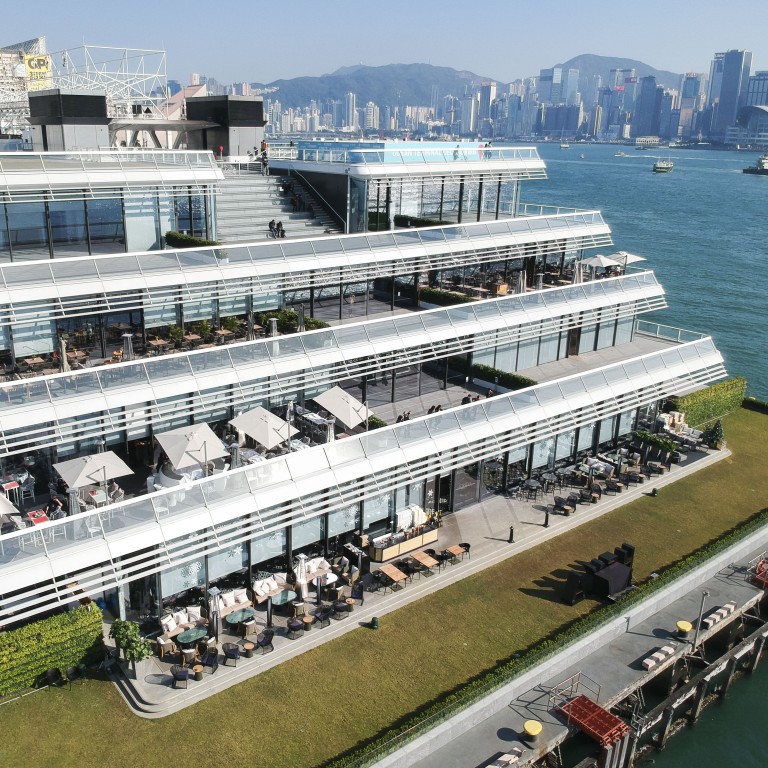
Wharf sees 2022 profits tumble 92 per cent as pandemic batters Hong Kong, mainland China property revenues
- The developer saw every segment of its operations slow down amid what the company called ‘weak markets’ and ‘pandemic woes’
- Wave after wave of lockdowns in mainland China, and tough quarantine requirements for inbound travellers in Hong Kong meant the company’s hotels struggled too
Hong Kong-listed Wharf (Holdings) delivered a lacklustre performance in 2022, suffering heavy losses across the board as the pandemic, and in particular China’s strict zero-Covid measures, hurt the property market.
Wharf’s property sales plummeted 74 per cent to HK$6 billion, while rental income dropped 11 per cent.
In 2020, the first year of the pandemic, the developer still managed to add 14 per cent in net profit to HK$3.09 billion. The following year, its profit increased 7 per cent to HK$3.64 billion despite “waves of Covid-19” hampering recovery.
Last year, the company said, the pandemic wiped HK$10 billion off its assets, reducing their value to HK$152 billion.
Founded in 1886 to run wharfage and dockside warehousing, Wharf’s operations now span property, hotels, transport and warehousing. It owns the iconic Star Ferry, two major flagship properties in the Harbour City and Times Square shopping centres in Hong Kong among other assets.
“National retail sales were stagnant in 2022 due to stringent lockdown measures that crippled the local economy and slowed consumer spending,” Wharf said of its investment properties in mainland China.
“Sentiment towards discretionary spending was especially weak in December when infection spread after the lifting of lockdown measures. Office leasing demand was also hindered by the moderating economy and volatile business environment, leading to soft rental and occupancy in an already oversupplied market.”
Wharf saw its first ever loss in revenue from its investment property portfolio as a result, it said, citing a more severe impact in the second half of the year. Turnover dropped 11 per cent to HK$4.798 billion and operating profit fell 9 per cent to HK$3.226 billion.
Its logistics infrastructure saw a moderate 1 per cent drop in revenue to HK$2.964 billion for 2022 as “Covid-19 and stringent precautionary measures in mainland China seriously disrupted the supply chain,” the company said.

